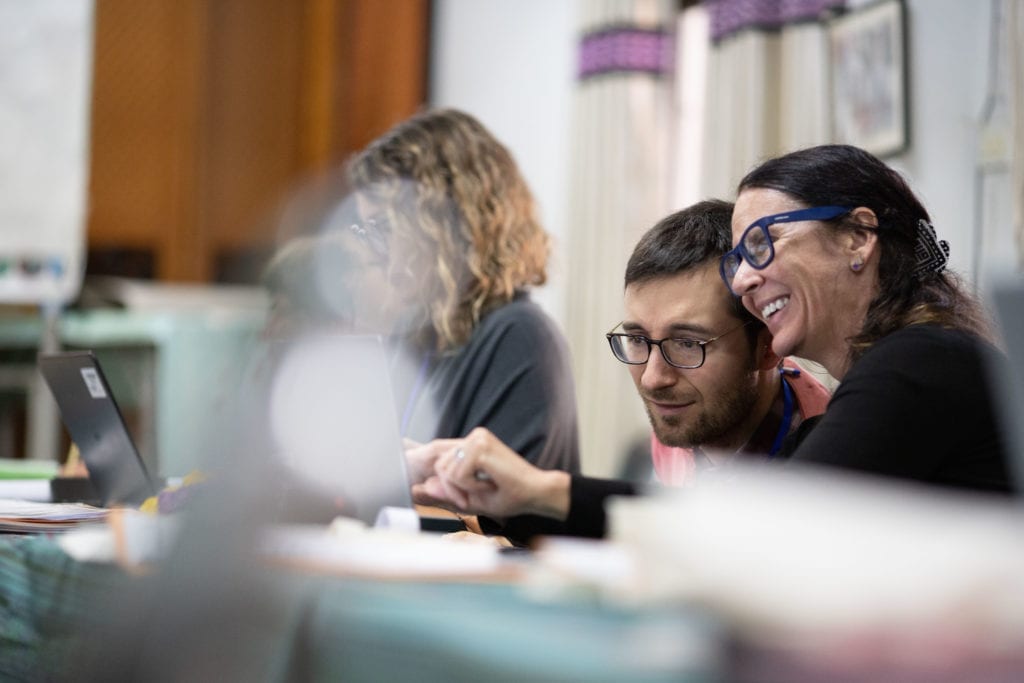Learning from indigenous peoples for science and policymaking
From the 21st to the 25th of January 2019 the Dialogue across Indigenous, local and scientific knowledge systems reflecting on the IPBES Assessment on Pollinators, Pollination and Food Production took place in Thailand. In this sessionparticipants jointly reflected on the key messages derived from the Assessment Report on Pollinators, Pollination and Food Production of the Intergovernmental Science-Policy Platform on Biodiversity and Ecosystem Services (IPBES). Martijn Thijssen, member of the Promote Pollinators secretariat, was present during this special occasion and shares his experiences in this article.
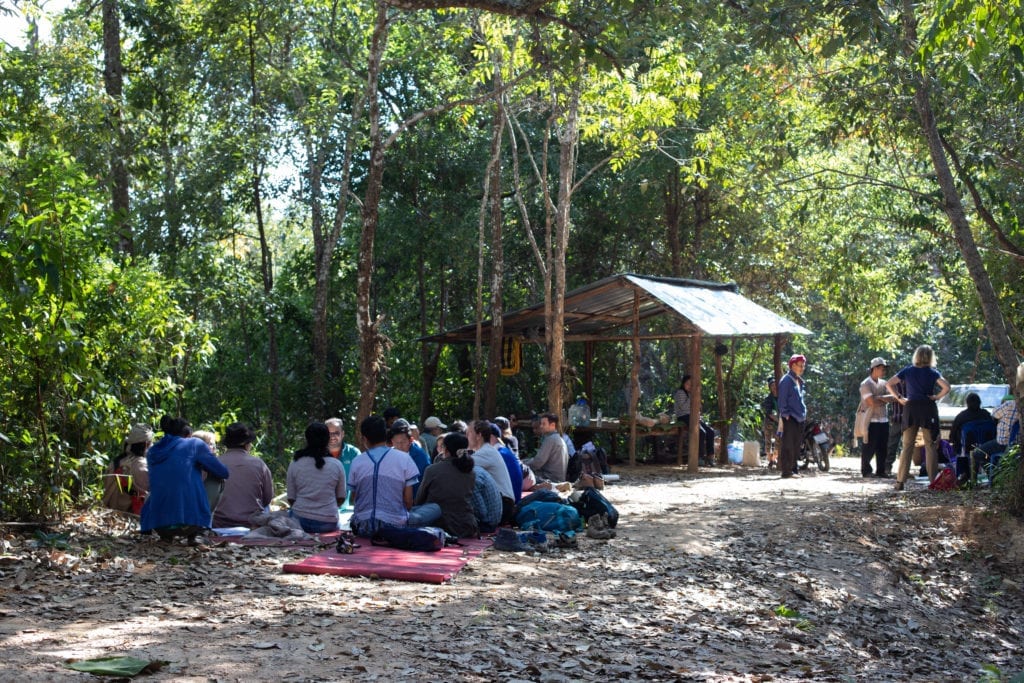
About the dialogue
Present during the dialogue were 52 participants from 19 countries. Amongst them were indigenous and local knowledge holders, indigenous and local knowledge experts and scientists engaged in the IPBES Pollination Assessment, local indigenous pollinator experts, and representatives from a number of local, national, regional and global institutions and UN agencies.
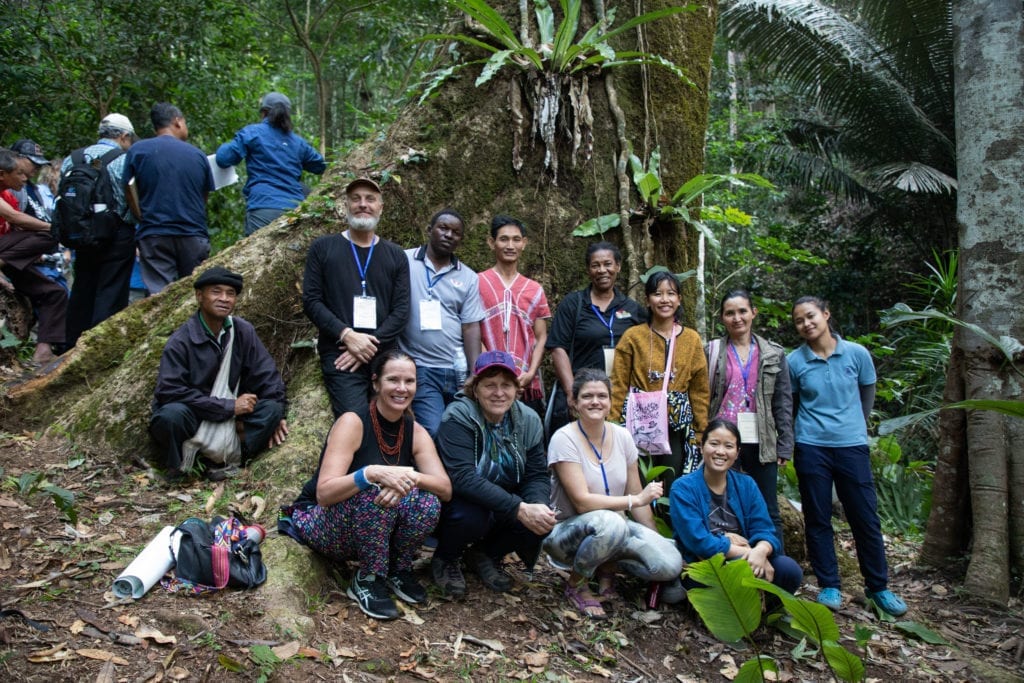
“The aim of this gathering was to learn from and strengthen the position of indigenous peoples in research and policymaking on biodiversity-issues,” Martijn Thijssen explains. “These peoples have a different and perhaps deeper understanding of the values of nature. Insights derived from their perspectives and beliefs may prove useful to make progress when it comes to the protection and preservation of biodiversity. More specific: to encourage people to make an effort regarding the protection of pollinators.”
The dialogue was hosted by the Karen community of Hin Lad Nai, in the Chiang Rai province in Thailand, and was co-convened and jointly designed by the Inter Mountain Peoples Education and Culture in Thailand Association (IMPECT) and Pgakenyaw Association for Sustainable Development (PASD), together with SwedBio.
Walking workshop
The dialogue took place over the course of five days. The participants spent the first day at Chiang May University, where they prepared themselves for a three-day walking workshop. During the walking workshop in the forest and rotational farming fields of Hin Lad Nai, the participants revisited, reflected and jointly analysed key messages of the IPBES Pollination Assessment. “What really stood out to me was that the indigenous peoples present during the workshop possess an incredible amount of knowledge on natural processes, which can undoubtedly be of great relevance to scientific research,” Martijn Thijssen recalls. “Speaking from my own Western European perspective, indigenous peoples are much closer to nature than we are.” On the last day, the dialogue was concluded with a final workshop at the University.
Two types of knowledge
According to Thijssen, there is one main difference between modern western scientific knowledge and indigenous knowledge. “Both in scientific research and in indigenous traditions, we focus and rely on observations, measurements and proofs. For example: we might both derive conclusions on the migration of species from our observations, or get an understanding of which habitats and plants are suitable to a species by keeping track of their numbers in different circumstances,” he explains.
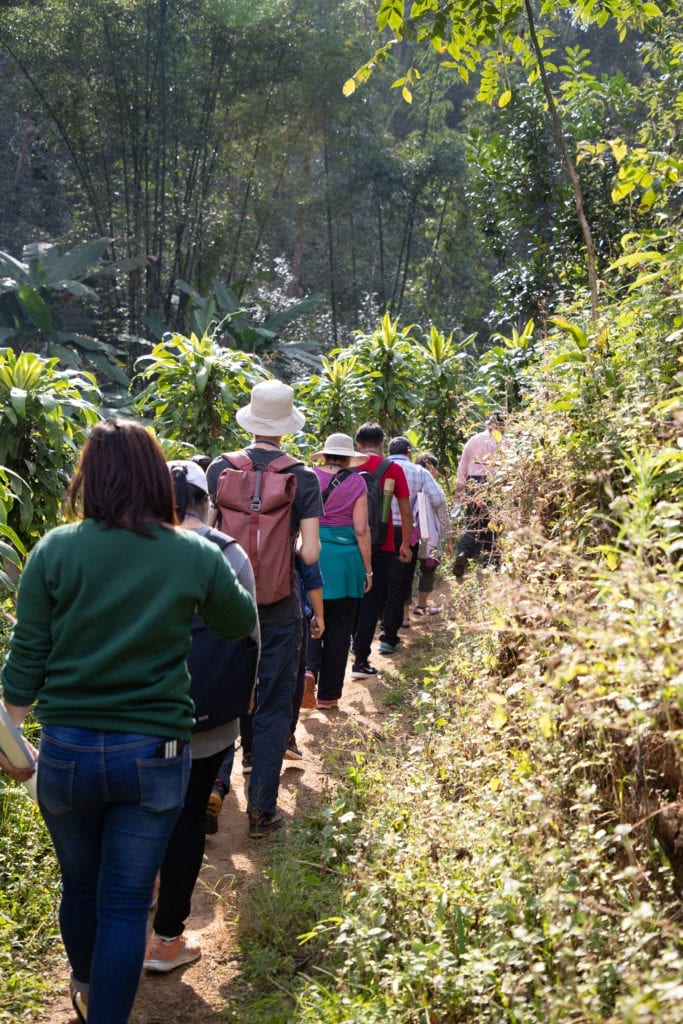
“In addition to this ‘measurable’ type of knowledge, indigenous people rely on a second knowledge type, which I refer to as spiritual knowledge. This type of knowledge is different from scientific knowledge in that it is not measurable, but is rooted deeply into their cultures. For example, the Karen community lives according to the belief that if you take care of the environment, the environment will take care of you, too. Therefore they claim that if you want to live a good life, you should live like the bees. They see bees as individuals with souls, who take care of their environment and in turn take something from it. This resonates with the indigenous knowledge that Dutch farmers in rural areas used to refer to: ‘when you take good care of the soil, the soil will treat you equally’.”
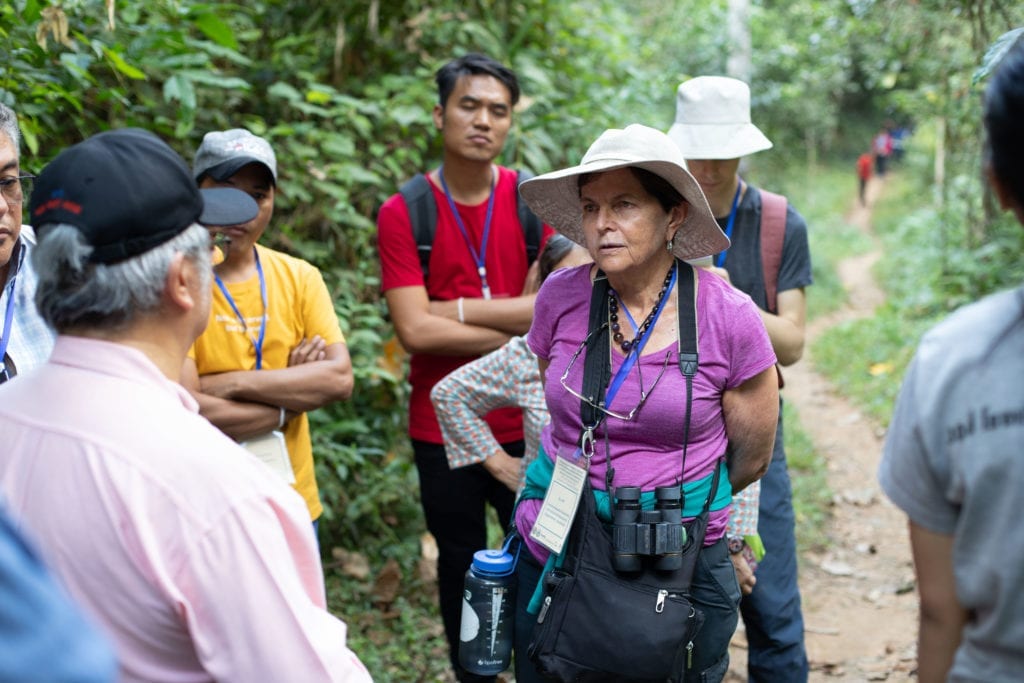
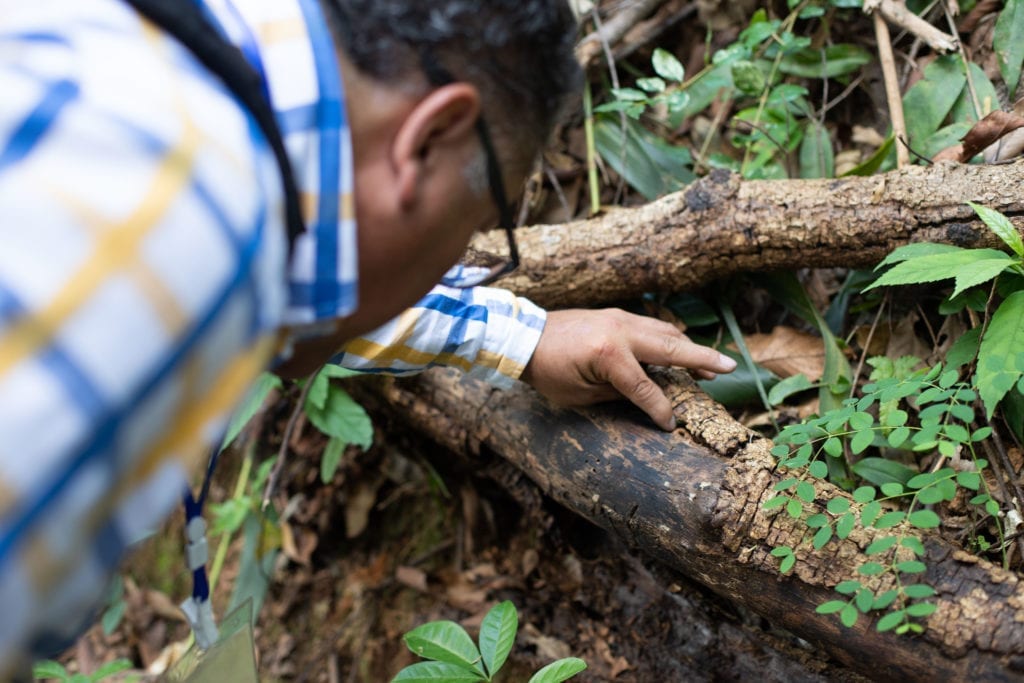
Lessons for policymaking
Thijssen points out that a collaboration between modern scientists and indigenous peoples might work both ways. “We can support indigenous people with scientific methods and tools, whereas indigenous people may for example help us out by mapping out the condition of a specific local area.” But Thijssen also believes that not only science benefits from knowledge sharing. Spiritual knowledge may be of great relevance to policymaking. “The choices people make, are often underpinned by morals. Thus, it is at the spiritual level that these choices are made. If you, as a policymaker, wish to generate success and motivate people to take action on a specific topic, it is of great importance to adhere to the spiritual knowledge and beliefs of your target group.” Another lesson is that indigenous knowledge is not restricted to what we call indigenous peoples. It is present everywhere and with everybody, since we all have a spiritual frame that guides us. Sometimes it is more submerged, and sometimes it appears at the surface.
Conclusion
Martijn Thijssen concludes that for him, the most important insight derived from the dialogue is that the modernized and indigenous world may learn from each other. Although it may be difficult to translate and match the different angles and perspectives we have, we should certainly try. “The relevance of indigenous knowledge for science and policymaking is high,” Thijssen states. He also recognises the openness of the Karen to contribute to modern research: “They expressed that they were very willing to help us. If only modern science provides them with the right tools, they will be way more successful in gathering data than we are, because they know their local environment from the inside out.”
At the dialogue conclusion, experts outlined policy and action pathways to ensure uptake of the Assessment findings, particularly emphasizing the contributions made by indigenous peoples and local communities, their knowledge and practices, through biocultural approaches to global pollination conservation and management. In sum, Thijssen hopes that the dialogue has contributed to people’s feeling of inclusion, has strengthened relationships between nations and that the knowledge which was shared will be put into use. His final advice? “Always be curious, and learn from each other!”
Want to know more?
- Also read the full report of the dialogue on the SwedBio website.
- Posters presenting the key messages were used as boundary objects to link diverse knowledge systems during the walking workshop. Copies of these posters are available for download and further use here.
- Learn more about the Hin Lad Nai workshop on the CSIRO website
